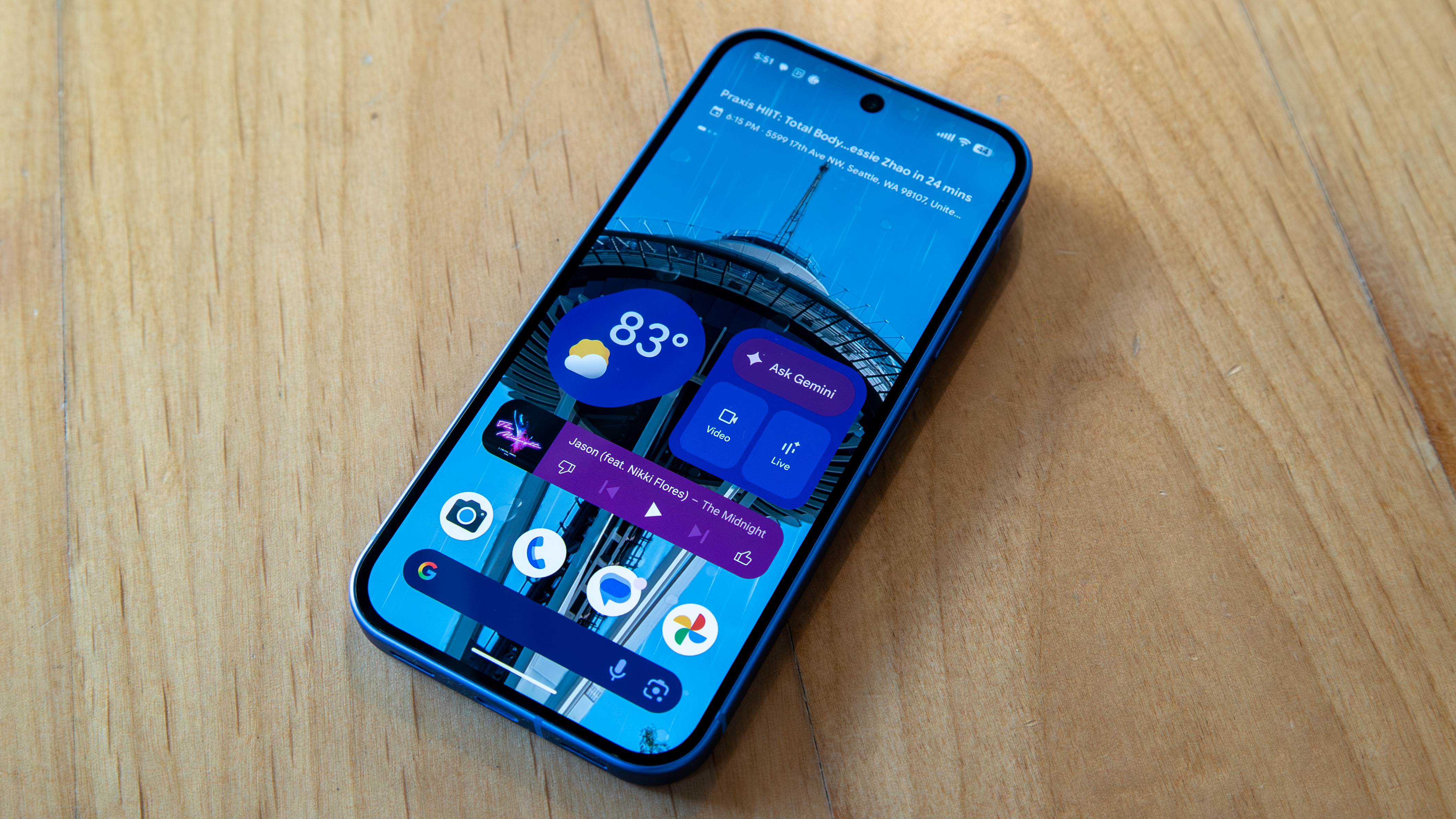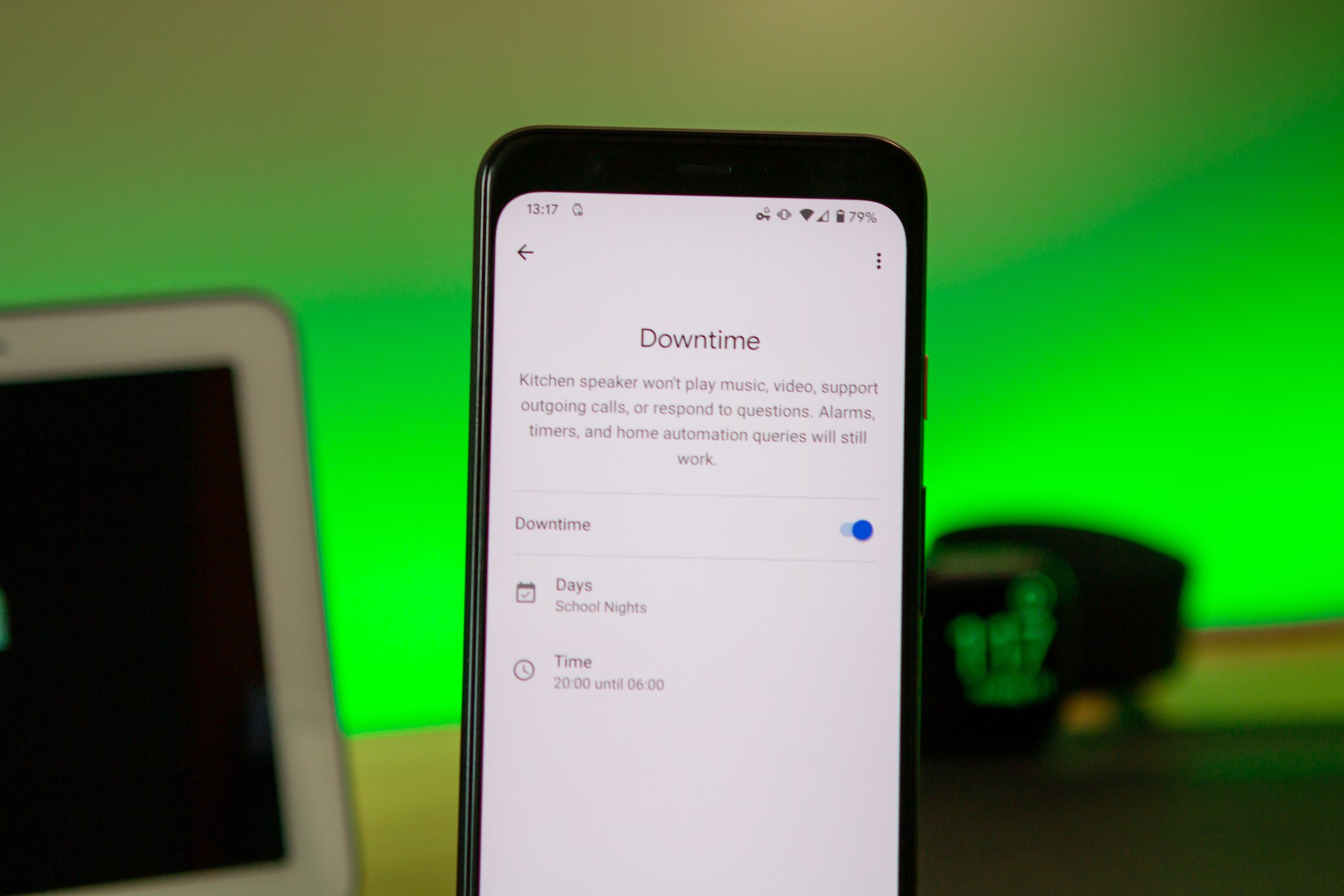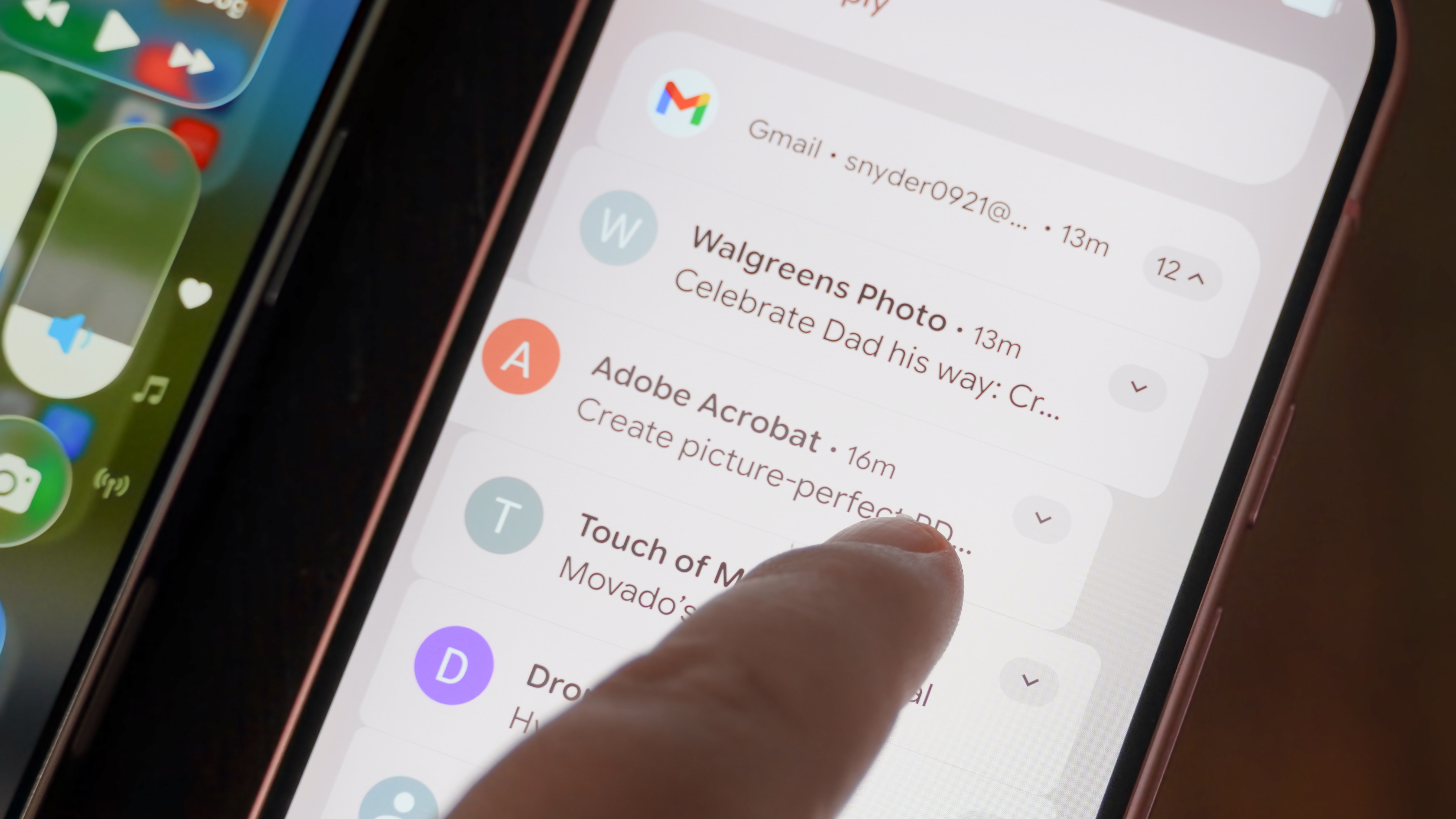I will forego the standard light-hearted weekend banter at present, as a result of I need to discuss one thing I simply met head-on, did not know a lot about, as realized how terrifying it may be. I am speaking about smartphone habit.
Sure, it is an actual factor. Sure, it may be actually dangerous.
Android & Chill
One of many net’s longest-running tech columns, Android & Chill is your Saturday dialogue of Android, Google, and all issues tech.
In an more and more linked world, smartphones have turn into indispensable instruments, woven into the very material of our day by day lives. From navigation and communication to leisure and work, our pocket computer systems supply unmatched comfort and entry to info.
But, like all highly effective know-how, they’ll include a possible darkish facet: smartphone habit. This is not merely about having fun with your machine; it is a few compulsive and extreme engagement that may negatively influence psychological well being, relationships, and total well-being.
What’s Smartphone Dependancy?

Smartphone habit, sometimes called “problematic smartphone use” or “nomophobia” (no-mobile-phone phobia), is characterised by an uncontrollable urge to make use of your telephone, resulting in potential penalties in different points of life. It’s not formally acknowledged as a medical dysfunction within the Diagnostic and Statistical Handbook of Psychological Problems (DSM-5), however its signs and results mirror these of different behavioral addictions, and plenty of well being care professionals acknowledge this.
Studying by materials on the internet, these are sometimes indicators of smartphone habit:
Preoccupation: Always interested by your telephone, even when not utilizing it.
Tolerance: Needing to make use of your telephone for more and more longer durations to really feel glad.
Withdrawal Signs: Experiencing nervousness, irritability, restlessness, or despair when unable to make use of your telephone.
Lack of Management: Repeated unsuccessful makes an attempt to chop down or management smartphone use.
Unfavourable Penalties: Continued use regardless of realizing it is inflicting issues in relationships, work, college, or bodily well being.
Sacrifice of Actions: Giving up necessary social, occupational, or leisure actions due to smartphone use.
Deception: Mendacity to household or mates in regards to the extent of your smartphone use.
Temper Alteration: Utilizing your telephone to flee issues or relieve emotions of helplessness, guilt, nervousness, or despair.
It is necessary to differentiate between heavy smartphone use and habit. Many use their telephones extensively for work or social connections with out experiencing unfavourable impacts. The crucial distinction lies within the lack of management and the ensuing impairment in day by day functioning.
Like alcohol or playing, it is a lot of a “regular” factor that it could possibly wreck your life. And when you’re affected, you most likely cannot “repair” it alone.
Who Can Be Affected?

The fact is that anybody who makes use of a smartphone can doubtlessly develop problematic utilization patterns. Nonetheless, sure elements might improve vulnerability.
Adolescents and younger adults are nonetheless growing and face immense social and peer stress. Typically accompanied by FOMO (concern of lacking out) and a necessity for validation, this could make a smartphone really feel extra necessary than it must be.
People with low shallowness or different current psychological well being circumstances usually use their telephone as a method to cope or escape, and even as a distraction from stress. This may deepen the reliance on the telephone for consolation.
People who find themselves in any other case remoted or really feel like they’re might flip to a telephone as a lifeline to the “actual world”. I can completely perceive this, as my bodily well being points typically hold me indoors and feeling alone for per week or extra. It is powerful.
I am removed from being a medical physician or clinician, however after studying what certified folks need to say, this is sensible to me. All of us use our telephones as a crutch every so often and might really feel like we rely on them. For some, this sense of dependency merely does not go away. It is essential to do not forget that habit is complicated and infrequently multifactorial. Whereas some people might sound extra inclined, accountable and conscious use must be a purpose for all of us.
Getting assist earlier than it is too late

Cellphone makers have realized they will help fight any habit points by giving us instruments to thwart them. I am acquainted with how Android does it, so that is what I am diving into right here, however Apple and Microsoft (tablets and laptops have an addictive display screen, too) even have related instruments and utilities in place. These can empower us all to handle our smartphone habits and perhaps cease an issue earlier than it’s created.
The central hub for managing your digital habits is the Digital Wellbeing Dashboard. It gives issues like day by day utilization studies so you may observe how a lot time you actually spent staring into the display screen, how lengthy you spend on a selected app, and even what number of notifications you get. Strive it, it is sure to be an eye-opener.
On the utility facet, you can even set app timers to put a day by day restrict on how lengthy you are able to do issues like scroll Instagram, and as soon as the time is up, the app is finished till tomorrow. Focus Mode may even pause the apps that distract you probably the most, and so they keep muted and out of the best way till you flip it off.
The way in which your display screen seems is necessary, too. Whenever you take away a lot of the intense colour, your telephone turns into far much less visually stimulating. For some individuals who crave that stimulation, grayscale mode will be useful.

Android can also be so good at notification “administration,” and it could be a disgrace to not use it. With nearly full granular management, you may flip off notifications for particular apps, select for some notifications to be silent, solely obtain “precedence” notifications that require your consideration, and allow Do Not Disturb mode, which may cease all notifications or permit particular folks to get in contact with you.
.These built-in Android options usually are not magical cures, however they’re highly effective allies within the battle towards smartphone habit. By actively utilizing them, we are able to attempt to regain management over our digital lives, foster more healthy habits, and in the end improve our total well-being.
For those who suppose you may be spending an excessive amount of time along with your telephone in your palms however cannot do something about it, the online is stuffed with locations that may supply assist.
An excellent place to begin will help you assess your scenario and assist determine the correct plan of action, so that you’re happier. Being pleased is what actually issues.

